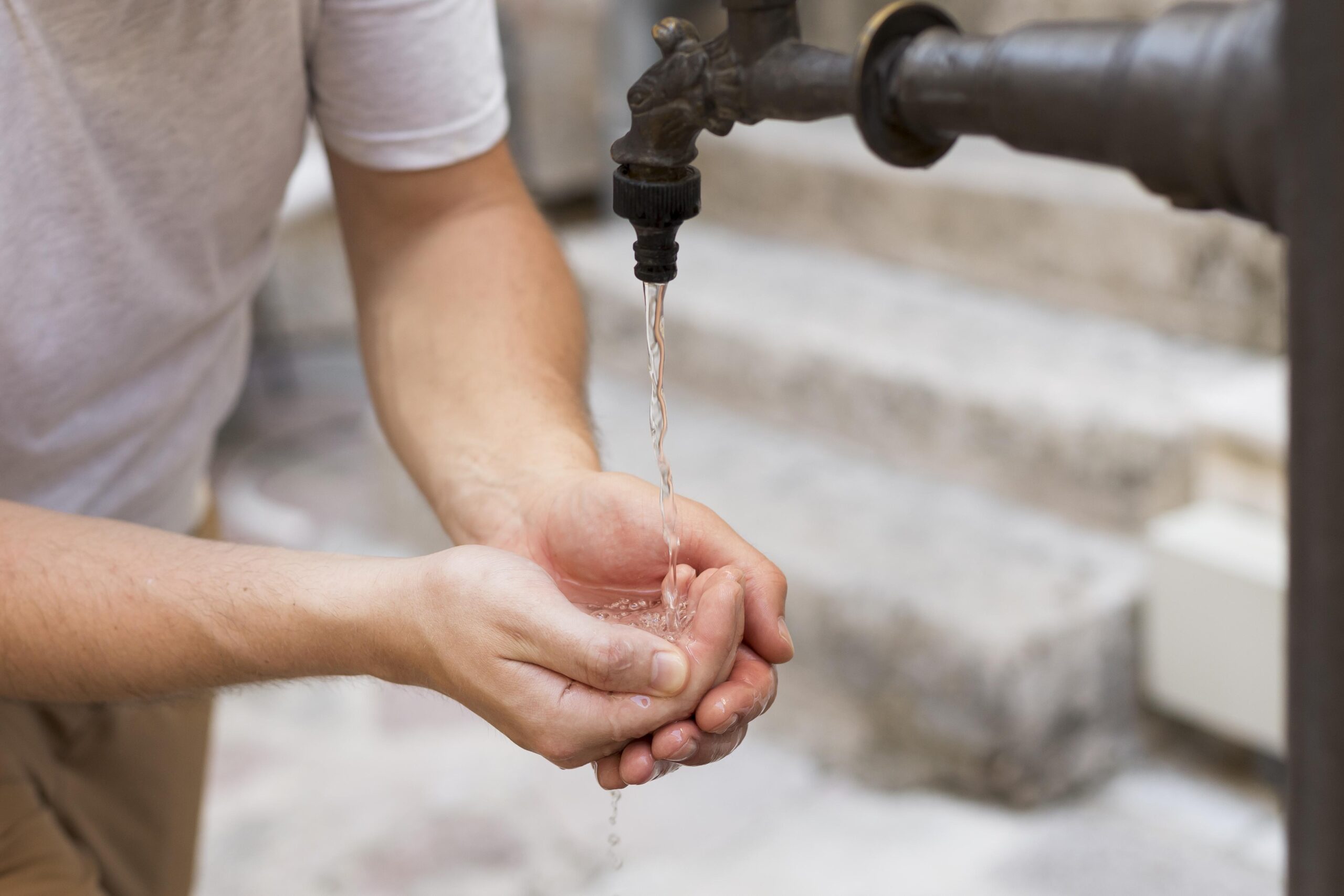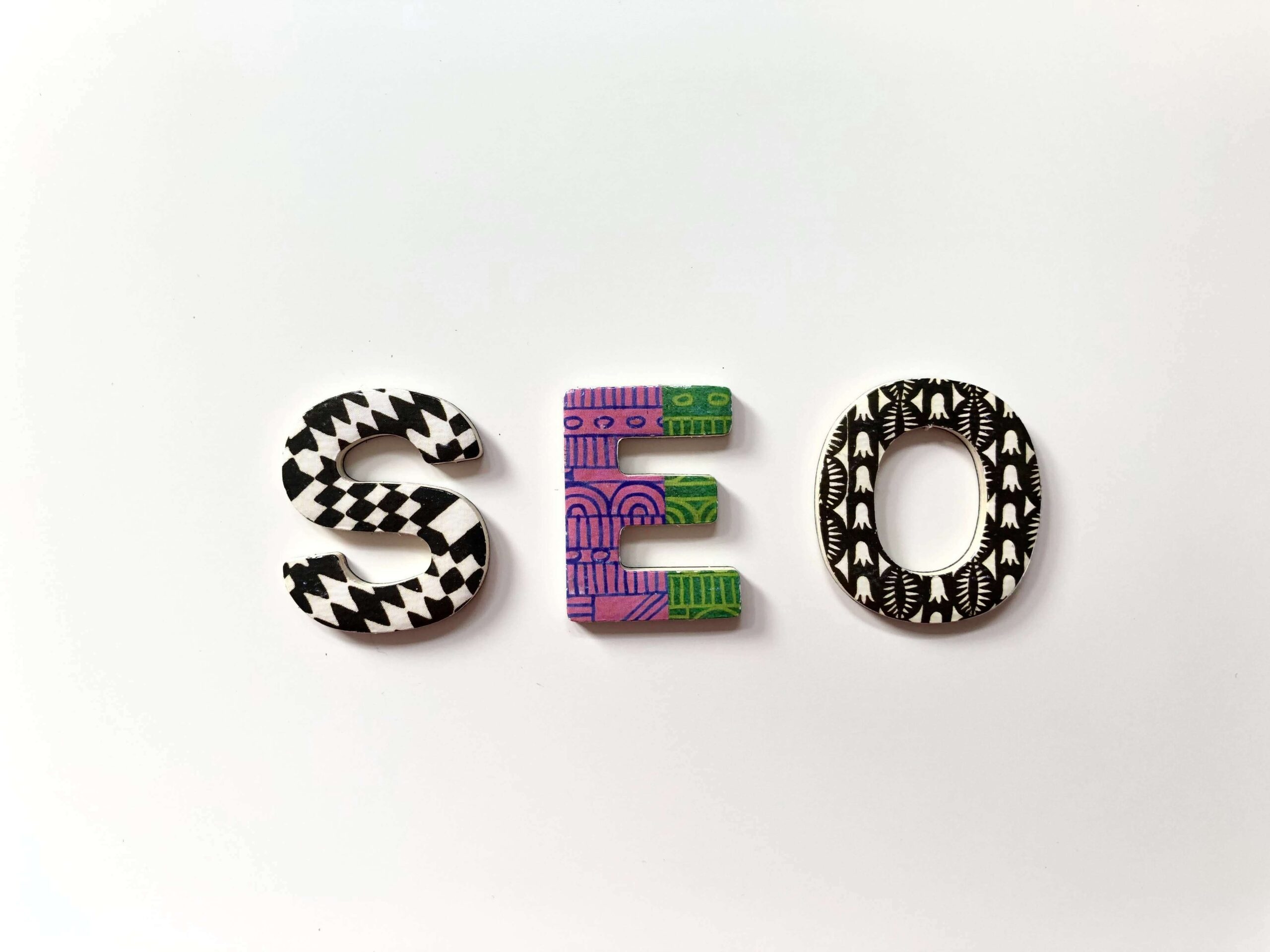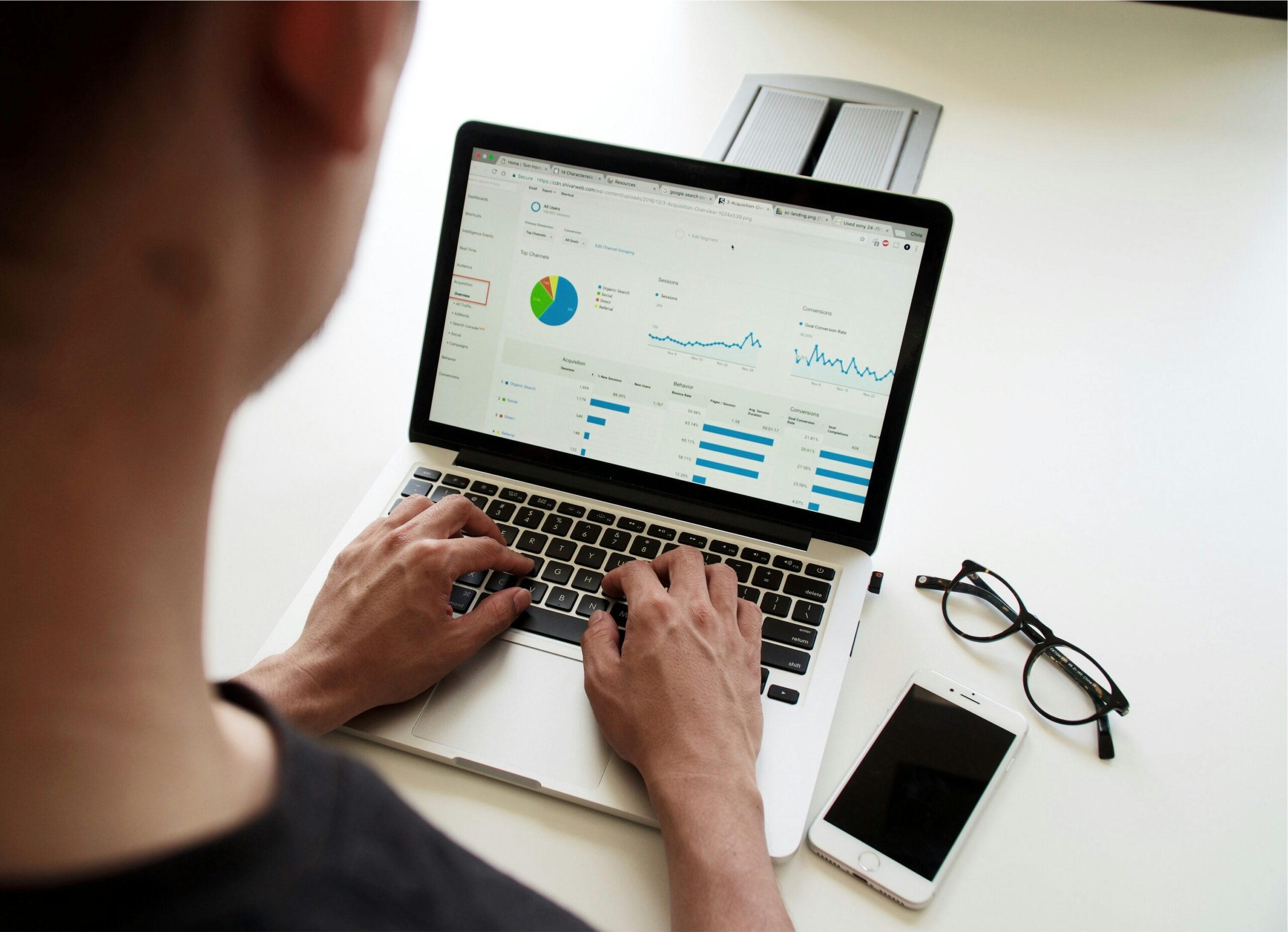Understanding Dubai’s Tap Water System
Dubai’s water supply is a modern engineering marvel that serves over 3.3 million residents. The city’s tap water primarily comes from:
- Desalination Plants (97%):
- Jebel Ali Power and Desalination Plant (world’s largest)
- Al Kaffah Station
- Uses reverse osmosis technology
- Groundwater (3%):
- Mainly for emergency backup
- Treated before distribution
Water Journey Timeline:
- Seawater intake from the Gulf
- Multi-stage filtration process
- Desalination through reverse osmosis
- Mineral rebalancing
- Chlorination for disinfection
- Distribution through 13,000km of pipelines
Is Dubai Tap Water Safe for Drinking? The Official Answer
Water Quality Standards in Dubai
- Regulated by Dubai Electricity and Water Authority (DEWA)
- Tested for over 60 contaminants
- Meets GCC Standard 149/2014 for drinking water
Important: While technically safe, most experts recommend filtering tap water before drinking.
Water Quality Analysis: Scientific Perspective
Chemical Composition
Dubai’s tap water contains:
- Sodium: 50-100 mg/L
- Calcium: 30-60 mg/L
- Magnesium: 10-20 mg/L
- Chloride: 100-150 mg/L
- TDS: 150-300 ppm (well below WHO’s 500 ppm limit)
Safety Testing Protocols
DEWA conducts:
- 250+ daily tests at treatment plants
- 180+ tests across distribution network
- 24/7 automated monitoring systems
| Contaminant | Dubai Levels | WHO Limits |
| Lead | <0.001 mg/L | 0.01 mg/L |
| Arsenic | <0.002 mg/L | 0.01 mg/L |
| Chlorine | 0.8-1.2 mg/L | 5 mg/L |
| Bacteria | 0% detection | 0% allowed |
Practical Considerations for Residents
Taste Factors
The distinctive taste comes from:
- Low mineral content (desalination removes natural minerals)
- Higher sodium levels than natural spring water
- Residual chlorine (0.8-1.2 mg/L)
Improving Taste:
- Use activated carbon filters
- Refrigerate water before drinking
- Add lemon slices
- Consider mineralizing filters
Building Infrastructure Impact
Water quality varies by property age:
- New buildings (post-2010): Excellent piping
- Older buildings: Potential for:
- Rust in galvanized pipes
- Bacterial growth in tanks
- Sediment accumulation
Checklist for Your Home:
✓ Ask building management about pipe materials
✓ Inspect water tanks (should be cleaned annually)
✓ Run taps for 30 seconds if unused for days
Health Perspectives
Medical Expert Opinions
Dr. Amina Al-Marzouqi (Dubai Health Authority) states:
“While the water meets all safety standards, those with specific health conditions like kidney disease or hypertension should consult their doctor about sodium intake from desalinated water.”
Long-Term Consumption Effects
Potential benefits:
- Lower heavy metal content than some bottled waters
- Consistent quality control
Potential concerns:
- Low magnesium levels may affect heart health
- Higher sodium than natural sources
Cost and Environmental Impact
Annual Water Costs for Family of 4:
- Tap water: ~AED 1,200
- Bottled water: ~AED 4,800
Environmental Savings:
- 1,500+ plastic bottles saved per family annually
- 85% lower carbon footprint vs bottled water
Step-by-Step Water Quality Check
How to assess your tap water:
- Visual Inspection:
- Clear with no particles
- No rainbow sheen on surface
- Smell Test:
- Slight chlorine odor is normal
- Musty smells indicate pipe issues
- Taste Evaluation:
- Should be neutral with slight saltiness
- Metallic tastes suggest pipe corrosion
- Professional Testing:
- DEWA offers free testing
- Private labs charge AED 200-500
Water Filter Options Comparison
| Filter Type | Cost | Effectiveness | Maintenance |
| Activated Carbon | AED 300-800 | Improves taste, removes chlorine | Replace every 6 months |
| Reverse Osmosis | AED 1,500-4,000 | Removes 99% contaminants | Annual membrane change |
| UV Purification | AED 2,000+ | Kills microorganisms | Bulb replacement yearly |
| Alkaline Filters | AED 1,200-3,000 | Adds minerals, adjusts pH | Regular cartridge changes |
Special Situations
For Infants and Children
- Use boiled (then cooled) water for formula
- Consider nursery water for first 6 months
- Install specialized baby water filters
During Summer Months
- Higher chlorine levels (up to 1.5 mg/L)
- More frequent tank cleanings recommended
- Increased water consumption needs
Myths vs Facts
Myth: Dubai’s water causes hair loss
Fact: No scientific evidence – likely due to humidity changes
Myth: Bottled water is always safer
Fact: 30% of bottled water comes from same municipal supply
Myth: Boiling removes all contaminants
Fact: Only kills bacteria – doesn’t remove chemicals
Final Verdict: Should You Drink It?
Green Light for:
- General cooking
- Teeth brushing
- Showering and washing
Yellow Light for:
- Direct drinking (better filtered)
- Vulnerable populations
- Older buildings
Still unsure? Start with bottled water and gradually transition to filtered tap water as you feel comfortable. Remember, is tap water safe to drink in Dubai depends on your personal comfort level and health considerations!
Pro Tip: Start with using tap water for cooking and transition to drinking as you become comfortable with the taste and your body adjusts.



